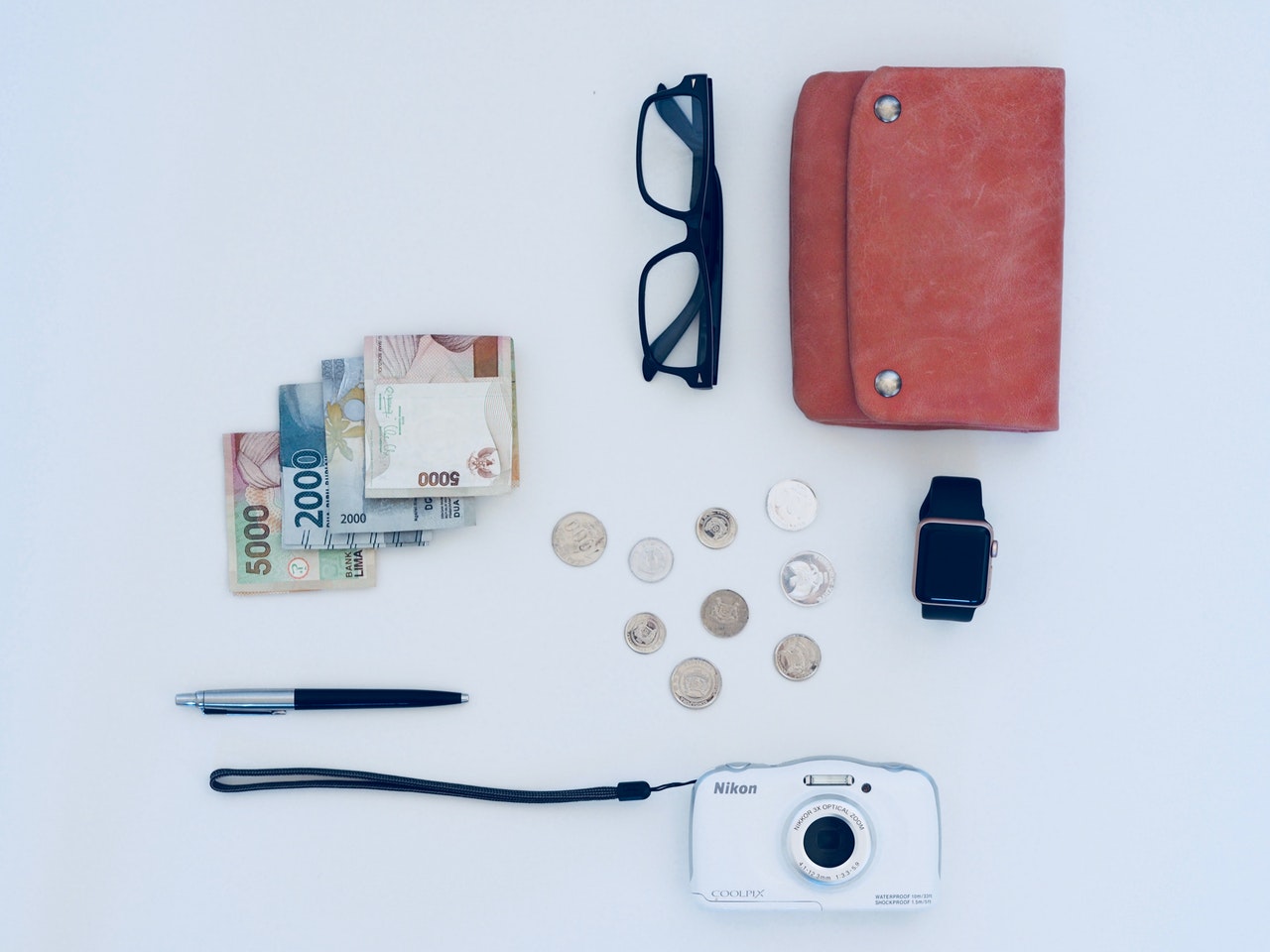Communication on a Budget

How do you communicate when your budget is almost zero?
When I started out with my documentary series on African migrants around the world I invested exactly £30. That was enough to book me a flight to Oslo and start taking pictures of migrants there.
As the ambitions for the documentary grew, the investment required increased:
- We were asked €1000 for the website
- Plane flights were no less than £500 each
- Accommodation was £1000 per month in Los Angeles
We didn’t have the money and we had already spent enough time applying for grants with no positive results. In my role of DIY communication officer, I had to get creative and learn:
- How to make a website (I have designed three since then, including the one you are in right now): I was already working as a journalist and I knew my way around words so we didn’t invest in a copywriter
- To focus on the indispensable: when we were travelling what we really needed was a roof over our heads, a flight and enough money to eat and get by. Of course this is not the same for an organisation but still the question remains: what is really indispensable?
- To use my content as a bargaining chip: I’d ask myself “how can I make sure I’ll get something out of this?†And that something could be sales, commissions, visibility, collaborations
- Communication doesn’t need to be fancy, it needs to work.Â
https://www.facebook.com/invisiblecit/photos/a.430560063698623/466075706813725/?type=3&theater
The Return of Investment of a Communication on A Budget
Within four years of starting the documentary, those £30 gave me a return of investment of more than £20K!
And that income made it possible to hire professionals to do the jobs I didn’t really need to do. Those professionals helped me save time, focus, increase revenue and the positive impact on others.
There’s nothing like a specialist to help you get stuff done and the good thing is that nowadays consultants are well-rounded people who can help you with different aspects of your communication.
What if I don’t have the budget, right now?
Having said that, especially at the very beginning you might struggle to find any kind of budget and that’s understandable. Always reflect on your budget and invest on the communication. The reason why I was able to have a return of investment despite the limited budget was because I invested time and resources into sharing what we were doing.
What is not shared, does not exist Share on XÂ
Resources for a Communication on a Budget
Below are activities about which we often say we don’t have money for. I have compiled it in a way that you can see what alternative routes you can take. As you can see, there are five ideas but more could be added. All suggestions are based on my personal experiences and that of my clients. Feel free to implement them in your own way.
1. Hiring a PR
Honesty alert! Before working as a communication consultant, I was a journalist and before that, a PR. So I’ve always had a clear idea of how to communicate to journalists, in short: tell a story! But also: put yourself in front of media (through events, online connections); create relationships (organise a media-only event, grab a coffee during a conference, connect on Twitter); apply for awards (and win 😉 ); leverage journalism students who are hungry for news. This is how we landed national coverage, radio speaking engagements and countless interviews.Â
https://www.facebook.com/invisiblecit/photos/a.430560063698623/573751996046095/?type=3&theater
2. Filming a video
Filming a video can be (rightfully) costly. And you’ll really get what you pay for. However, when starting out you can be your own filmmaker, start simple, get some basic training. Alternatively, get in touch with film departments of universities and ask if their students would like to work on your video as an assignment for their course.
3. Staff time to write a newsletter
In my newsletter I always write as I speak, following the suggestion of the marketing expert Seth Godin. And having a speaking block is rather rare. Plus, scheduling the topics of the newsletter well in advance saves ton of time in the writing process.
4. Paying for photos
Again, taking pictures is (rightfully) a costly business. Despite what many think, it’s more than clicking on the push-button of the camera. And documenting your activities is incredibly important. If you can’t afford a photographer right now, invest in some knowledge about taking photos with your mobile phone. Again, asking to university students is a free-of-charge avenue.
5. Facebook ads
Consider two things. Firstly, the more people comment on your posts, the more your content is visible. Secondly, what Facebook adverts do is putting your content in front of a large number of right people. If you can’t work with a social media consultant now (consider they might offer calls to help you out), think about having 10 to 20 people devoted to commenting and sharing your content within their network, not as a full-time job but as a sporadic, kind action. And you should be the first one to do so.
The list could go on and on, it could include alternatives to buying equipment, paying for music rights, writing.Â
Don’t get money stand on your way. Instead, start doing, grow, invest.
Now that I have shared all of this, I feel like it could be material for a workshop. If you’d like to work on a learning session together, email me.